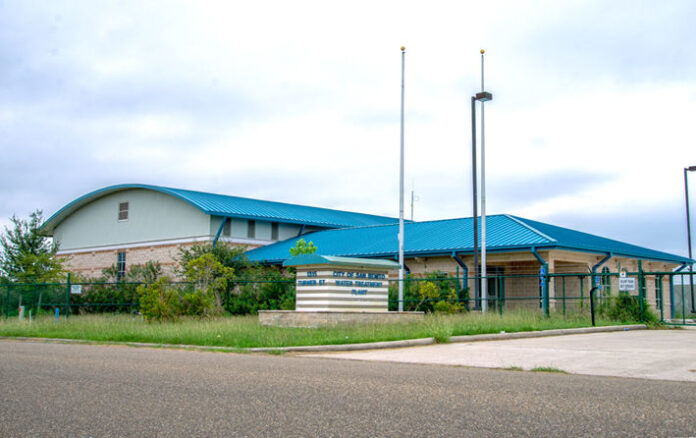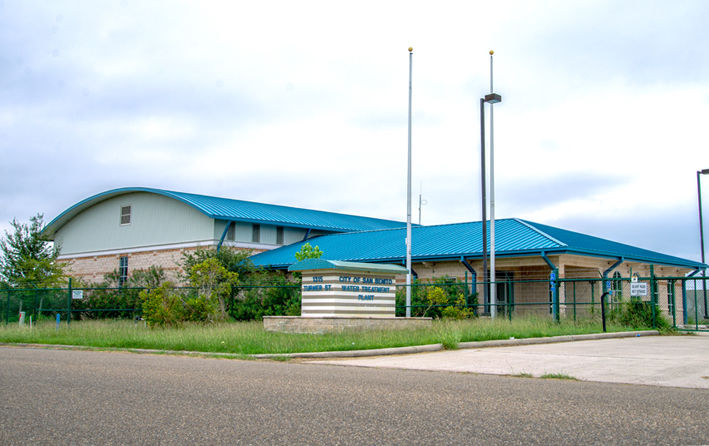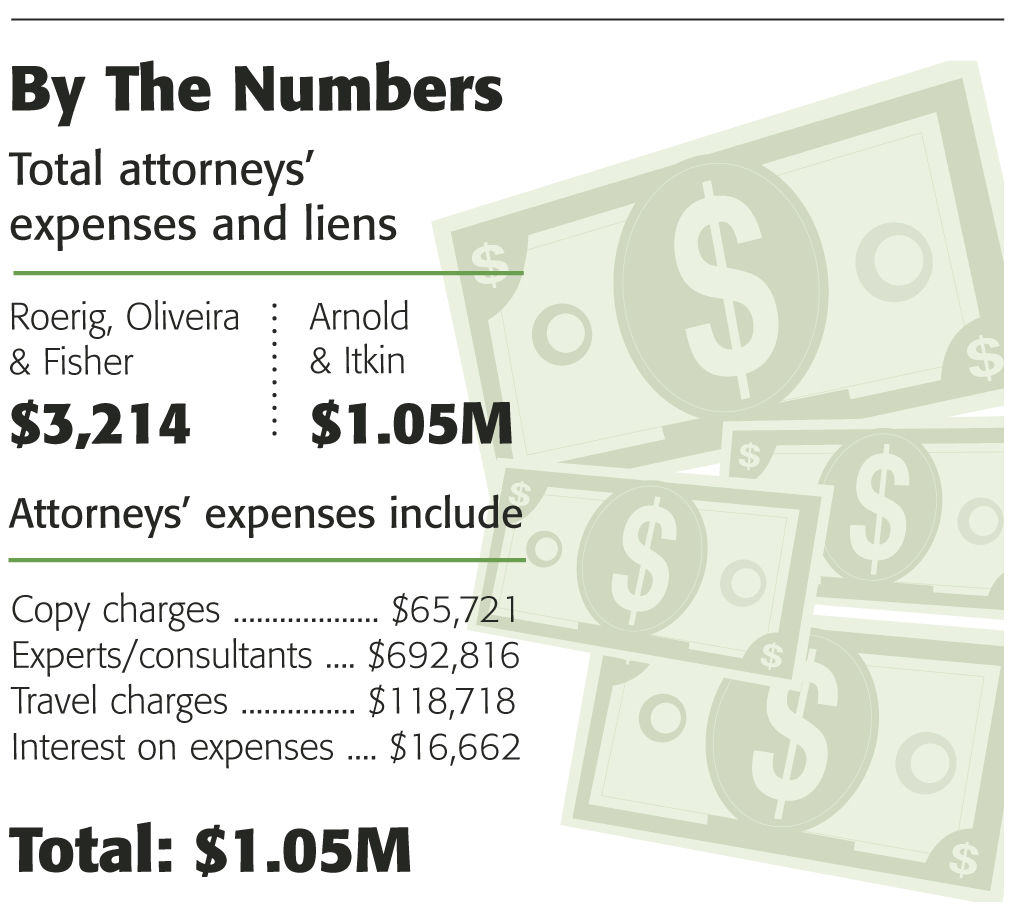SAN BENITO — Attorneys took a big bite out of a settlement stemming from the city’s lawsuit against companies involved in the construction of the $17 million water plant.
A total of $2.8 million in attorneys’ fees and another $1.06 million in expenses bit into what was a total $9.02 million settlement in favor of San Benito.
Meanwhile, the city was paid $4 million and a defendant agreed to perform $3.1 million in services aimed at putting the water plant back into operation.
Now, the city will pump that money back into the water plant, which was shut down in 2014, City Manager Manuel De La Rosa stated Friday.
“What we did get in the lawsuit is the ability to bring the plant back so it can provide water service to our citizens and businesses,” De La Rosa stated. “That is sufficient to take care of our needs there.”
The settlement stems from the lawsuit filed in 2014, in which the city argued the water plant did not properly operate.
After three years in court, the city announced it had reached the settlement in June.
This past week, city commissioners met in closed session with City Attorney Ricardo Morado before disclosing the settlement’s disbursements.
The payoff
The settlement paid the city $4 million in cash while Evoqua Water Technologies agreed to perform $3.1 million worth of services, including conducting a pilot study, providing test data and installing and commissioning equipment, city spokeswoman Martha McClain stated.
McClain said the settlement included TRC Entities’ payment of $1.5 million and Cruz-Hogan Consultants payment of $420,000.
Lawyers’ fees
Attorneys’ fees and expenses took about $3.8 million of the total settlement amount.
The settlement paid $1.29 million to Morado’s firm, Roerig, Oliveira & Fisher of Brownsville; $1.29 million to Arnold & Itkin of Houston; and $188,219 to Beck Redden & Secrest of Houston.
Expenses totaling $1.05 million included $692,816 for experts and consultants; $65,721 to make 130,000 copies; $118,718 in travel costs; and $16,662 in interest charged on expenses.
Non-recoverable expenses are listed as $103,061.
Concerns raised
City Commissioner Esteban Rodriguez said he had questioned the Roerig, Oliveira & Fisher firm’s involvement in the lawsuit because Morado serves as city attorney.
“It concerned me at the time,” Rodriguez said. “Now, it’s already settled.”
Rodriquez and Commissioner Carol Lynn Sanchez said they questioned the amount of money spent on some of the expenses.
“It’s a lot of money, what they charge for copies and travel,” Rodriguez said. “But that’s the nature of that business.”
Looking ahead
As part of the settlement, Evoqua will spend $3.1 million to help the city put the water plant back into operation.
Evoqua agreed to help the city “restore production of drinking water at the plant to six million gallons of clean water per day,” according to a city press release.
The company will also “supply the plant with training and enough state-of-the-art upgraded membranes designed to provide the best ultra-filtration available and enable the plant to ultimately produce and deliver 10 (million gallons per day) in the future,” the press release states.
As part of the agreement, Evoqua will train city employees to operate the water plant, staff a technician or engineer for 12 weeks and organize weekly meetings while visiting the plant to monitor its operation for two years.
Despite being shut down for three years, the water plant that opened in 2009 remains in good condition, De La Rosa stated.
“For those who say we did not get the full $17 million that the facility cost, please remember that the entire $17 million project included the land purchase, infrastructure, engineering fees, equipment, furnishings and buildings at the site,” he stated. “We still have all of that in place, and it is still in good condition.”
How we got here
In August 2014, the city filed the lawsuit, arguing the water plant never properly operated.
At the same time, commissioners decided to shut down the water plant.
Meanwhile, commissioners launched a $3 million project to renovate the city’s 90-year-old water plant, aiming to turn it into the main water source.
But in September 2016 and last January, the old plant temporarily shut down, cutting water service across town.
As part of an agreement, Harlingen provided the city with water used to temporarily serve the city’s homes and businesses.









